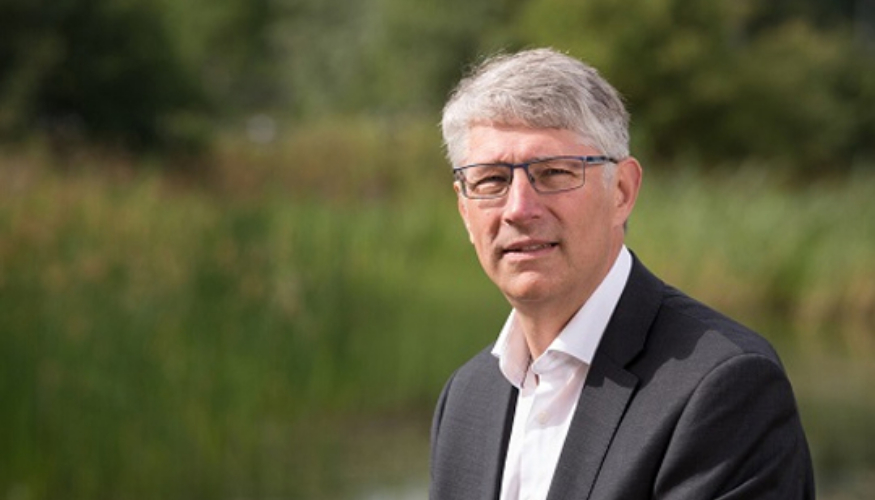Why do we have a Blue Deal and what can we achieve? Hein Pieper elaborates on how the Blue Deal helps 20 million people worldwide to gain access to clean and sufficient water, and to protect them against flooding. Pieper is chairman of the Dutch water authority Rijn en IJssel, president of the European Union of Water Management Associations (EUWMA) and cofounder of the Blue Deal.

“Water is the most important commodity we have on earth,” Pieper says. “Even in a delta like The Netherlands, water can be scarce these days. In other parts of the world, water and water pollution have caused problems for much longer. To be able to tackle these problems we need maintenance, training, monitoring, and so on. But unfortunately, there is no money for that. Dutch Water Authorities wants to change that. That’s why they joined forces with the Ministry of Foreign Affairs and the Ministry of Infrastructure and Water Management to work with other organizations around the world in the Blue Deal programme.”
The goal of the Blue Deal is to help 20 million people worldwide to gain access to clean and sufficient water, and to protect them against flooding. Pieper: “Blue Deal tries to bring this about by entering into partnerships with local organizations in fifteen countries. What is unique, is that these are not one-off but long-term projects. The Dutch share their knowledge of management and governance, which our partners can use to their advantage. But we learn from them as well, about drought for example. Reciprocity and respect for each other are very important.”
To be able to meet the Blue Deal deadline of 2030 the Dutch Water Authorities and the other promoters have decided to increase their joint financial commitment to the programme to 10 million euros per year. International cooperation like the Blue Deal is important, Pieper says. “It provides us with new insights and makes us more appealing to new employees. Colleagues working for the Blue Deal go home enriched. They have learned to approach familiar problems in an entirely different context and that gives them a new perspective.”
